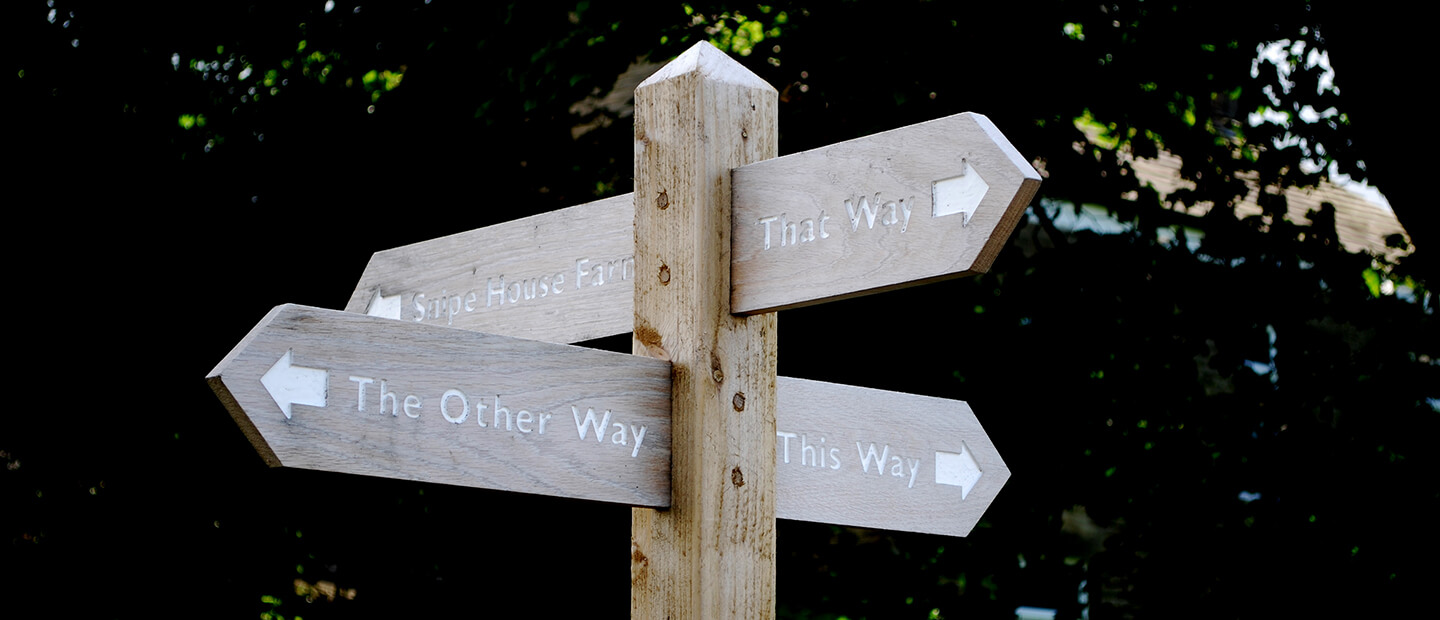Center for Excellence in Teaching and Learning
100 Library Drive
Rochester, Michigan 48309-4479
(location map)
(248) 370-2751
[email protected]

What Would You Do? How to Be Prepared
Case studies are a tried-and-true learning activity meant to put practitioners in hypothetical yet realistic situations, carefully chosen to assess their specific knowledge and skills. Similarly, using scenarios for the situations we hope to never or seldom encounter will help us not only be better prepared for such situations but help us be more confident every day.
Use case studies to learn how to respond to student behaviors.
Think through times when you have encountered a significant challenge in class, especially at a time when you were uncertain of what to do or the stakes seemed very high. Also walk through scenarios that you have not experienced (e.g., verbal fights among students in class, a medical emergency). Act through what you would do as thoroughly as possible, from being able to dial the phone number of whom you would contact to how you would move in the spaces you are currently teaching. Consider these two scenarios:
Scenario 1: Potential In-Class Instructor-Student Escalation
On an exam day, a student has a phone on his desk. After asking the student to take it off, he refuses. As you insist, his voice and body language is increasingly hostile and he continues to neither put away his phone or leave.
Scenario 2: Harassment Disclosure During Office Hours
After reaching out to a student concerned about their sudden decline in course performance, they come to your office hours and begin to tell you they are being harassed by a student in class.
When considering your responses to case studies or scenarios, it is helpful to think about:
- What went right, and what do you wish went differently?
- What would have helped you be better prepared?
- What resources would help students to avoid this situation?
- Your responses and thoughts regarding these case studies can help you problem-solve ways to handle classroom conflicts and be prepared.
Educate yourself.
Consider the range of training offered related to emergency management, mental health, sexual misconduct, and others. Select those that are most accessible, manageable, relevant, and that help you build underdeveloped skills or knowledge. You can find these learning opportunities on the OUPD’s Emergency Management and Campus Safety pages and shared through various OU newsletters.
Consider training to prevent and address discrimination, or general life changes and challenges for students such as those offered by the Office of Diversity, Equity, and Inclusion, Center for Multicultural Initiatives, and the Gender and Sexuality Center.
When you sign up for an event, invite colleagues to do it with you.
Keep a Help Contact List for Faculty on hand.
This one-page sheet includes who to reach out to for help related to technology and safety while also leaving an open table for you to list anticipated issues and who you would contact.
Review the OU syllabus template’s policies section.
Whether you use this template and its policies section, use this section to stay informed of new and updated policies. For instance, you may not have thought about what to do if a student shares an instance of sexual harassment or if they disclose food- or housing-insecurities.
Share preparedness with students.
As you review the policies in your syllabus, plan for at least one point in the semester when you intentionally bring this information into course activities.
- Plan a specific week to take 5-10 minutes to discuss emergency preparedness, such as giving students the link to sign up for emergency notifications, asking students if they know where the closest first aid kit is, and what they can do if they are experiencing discrimination or harassment.
- Plan a specific week to take 5-10 minutes to discuss generally what support is available to students with various life needs. This can even be described as support if students “know of someone” who may be in need.
- If you use an online appointment calendar for office/student hours, add a note in the description about the necessity to report disclosures of sexual misconduct.
Conclusion: It’s Not All on You
When preparedness is attended to systematically, it takes relatively little time and makes you feel better equipped in uncertain times, and makes you more confident you can help those you care about when they need it most. While instructors are often the first to recognize a range of student issues, you are not expected to be a therapist, emergency responder, and social worker. This preparedness is not just about you being able to respond in the moment, but also knowing who to call on.
Save and adapt a Google Doc version of this teaching tip.
About the Author
Written by Christina Moore, Center for Excellence in Teaching and Learning at Oakland University. Banner image by Peter Royle from WikiCommons. Others may share and adapt under Creative Commons License CC BY-NC.